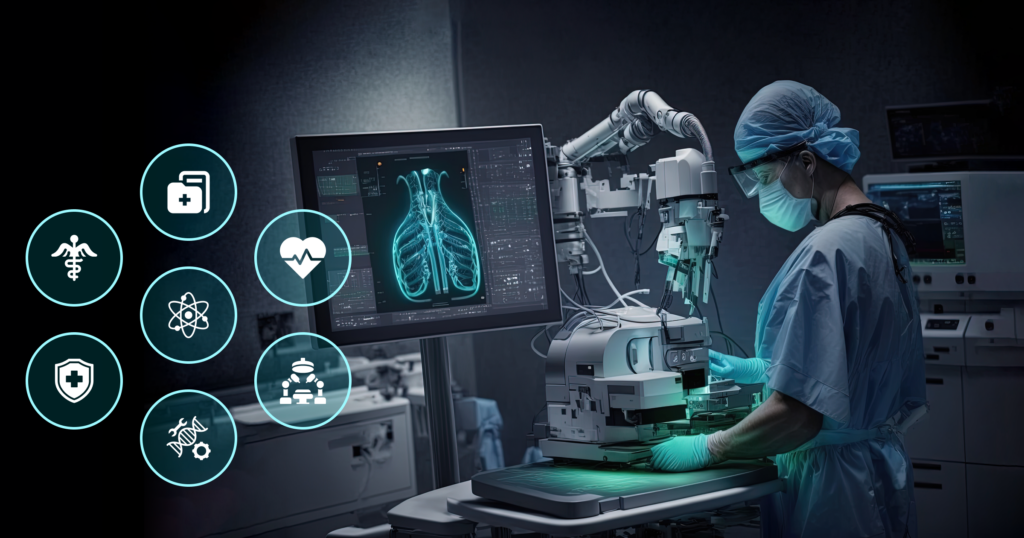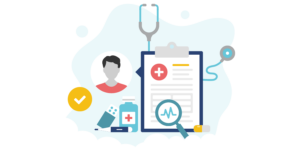
How Artificial Intelligence Is Revolutionizing Medical Diagnostics
Artificial intelligence has transformed healthcare diagnostics across multiple specialties. From medical imaging to blood test analysis and genetic marker detection, AI is helping physicians make diagnoses quickly and accurately for improved healthcare outcomes for their patients.
AI in healthcare does present its own set of unique challenges. There are fears that it might misread context and nuanced medical data; data privacy; integration into existing IT systems; as well as ensuring it’s trained on representative datasets to reduce bias.
AI can save medical practitioners time in clinical settings by rapidly processing large volumes of data quickly, leading to faster diagnoses and increased patient satisfaction. Furthermore, its use reduces hospitalizations while simultaneously optimizing resource usage more effectively.
AI’s primary strength in healthcare lies in its ability to spot early-stage disease patterns and forecast future health risks. Wearable devices using AI such as wearable sensors can monitor vital signs and detect any anomalies that could indicate health concerns requiring medical intervention; similarly, DeepMind developed an algorithm which predicts protein structures using amino acid sequences generated during genomic sequencing, helping physicians devise tailored treatments for specific patients’ conditions.
AI can provide exceptional accuracy when used for medical imaging applications like X-rays and MRI scans, helping detect fractures, tumors and other abnormalities with pinpoint precision. Other AI tools, like SkinVision’s mobile app that utilizes machine learning for risk assessments on skin lesions quickly.
AI is helping pathologists detect cancerous cells and cardiologists predict heart disease. Furthermore, its use extends to ophthalmology, dermatology and gastroenterology – further proving AI’s great promise in medical diagnostics.
AI can also help combat epidemics by scanning social media for symptoms of infection and tracking diseases like Covid-19. This is enabled through its constant flow of data input by AI that recognizes patterns and detects emerging threats.
Although AI holds many benefits for medical diagnostics, there remain obstacles which must be addressed before its widespread integration into clinical practice can take place. At the forefront of these concerns is ensuring that technology is trained on diverse and representative data to combat bias, reduce unintended consequences, and safeguard patient confidentiality. As AI continues to transform healthcare, its potential continues to expand exponentially and develop further. Compliance with regulatory framework is of utmost importance as data breaches and other security threats must be mitigated before integration with existing IT systems can occur seamlessly and without costly upgrades or migrations. By taking this into consideration, artificial intelligence (AI) can successfully be utilized in medical diagnostics and improve patient care worldwide – thus expanding AI’s potential further while creating positive change globally.






